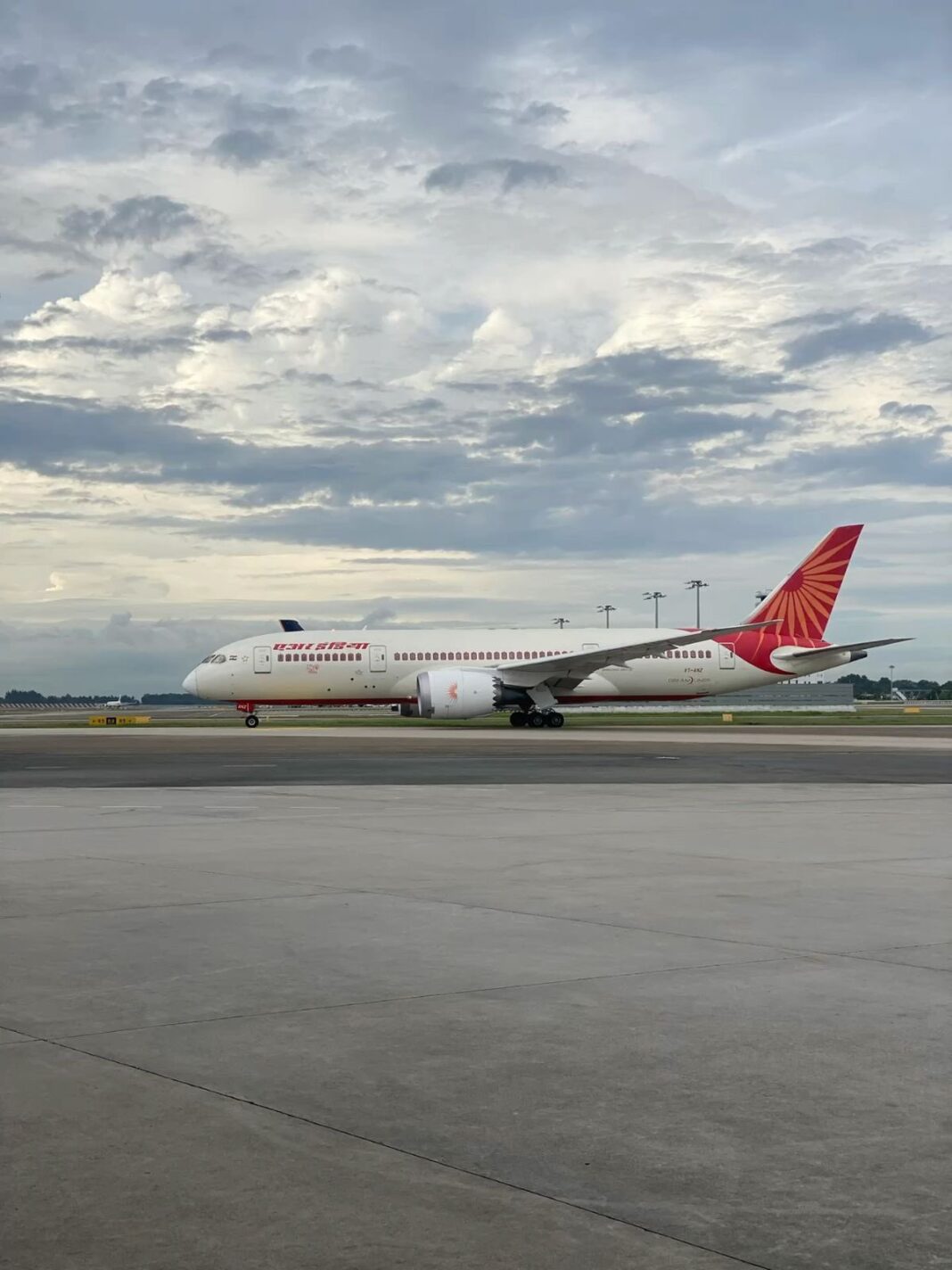The Sampadak Express | Special Report
Following the tragic aircraft crash in Ahmedabad on June 12, Air India has come under intense scrutiny and widespread criticism. The airline is facing numerous questions after flight AI171, a Boeing 787 Dreamliner, crashed shortly after takeoff, resulting in the deaths of nearly 297 passengers. The horrifying images and details that emerged in the aftermath left the nation shocked and grieving. Many are questioning how the aircraft was cleared for takeoff despite reported engine issues.
With mounting pressure, Air India has now made a major decision to cut 15% of its flights between June 21 and July 15, citing safety and operational stability as the primary reasons.
Over 80 Flights Cancelled in Just One Week
In the week following the crash, Air India has experienced a series of technical malfunctions and emergency landings, causing the airline to cancel over 80 flights. These incidents have deeply shaken passenger confidence, especially regarding Boeing aircraft.
In a public statement, Air India clarified that the 15% flight reduction will primarily affect international routes operated by wide-body aircraft. The move is aimed at ensuring passenger and crew safety, which the airline insists remains its top priority.
What Are Wide-Body Aircraft?
Wide-body aircraft are large airplanes designed for long-haul international travel, with two aisles separating the seats. Air India’s primary wide-body aircraft includes the Boeing 787 Dreamliner, the same model involved in the Ahmedabad crash. As a result, the airline is now temporarily reducing the number of flights operated by these aircraft.
Air India explained that this decision will help stabilize operations, enhance safety procedures, and minimize inconvenience to travelers.
Why Were So Many Flights Cancelled?
From June 12 to June 17, the Indian Civil Aviation Ministry reported that 66 out of the cancelled flights were operated using Boeing 787 aircraft. While only two emergency landings were due to technical faults, Air India had no option but to temporarily ground and inspect its entire Boeing 787 fleet, as per the Directorate General of Civil Aviation (DGCA) directives.
These safety inspections take time, leaving Air India with limited capacity, which led to the large-scale cancellations. The DGCA is India’s apex regulatory body overseeing aviation safety and compliance, and its instructions are binding.
Air India’s Statement on Inspections
In a post on social media platform X (formerly Twitter), Air India stated that 26 out of its 33 Boeing 787-8/9 aircraft have completed inspections, and the remaining will be reviewed soon. DGCA will also begin inspecting the airline’s Boeing 777 fleet in the coming days.
Additionally, Air India cited geopolitical tensions in the Middle East, night-time restrictions over parts of Europe and East Asia, and crew safety protocols as other contributing factors to the cancellation of 83 international flights in recent weeks.
Findings from DGCA’s Investigation
So far, DGCA has not found any major non-compliance during the safety audits of the inspected aircraft. However, it has issued fresh advisories, asking Air India to:
1. Improve coordination between engineering, operations, and ground handling departments.
2. Ensure the availability of critical spare parts.
3. Strictly adhere to all aviation safety regulations.
4. These measures aim to prevent delays and ensure a safer travel experience for passengers.
Is Air India Facing a Resource Crisis?
Air India CEO Campbell Wilson had revealed in a March 2025 interview with Reuters that the airline was struggling with a shortage of aircraft, and it could take up to four years to stabilize operations due to the time required for new aircraft deliveries.
In addition to aging planes and lack of spare parts, delays and poor passenger experience have added to the challenges. Earlier this year, Union Minister Shivraj Singh Chouhan publicly criticized Air India after being forced to travel on a broken seat during a Bhopal-Delhi flight highlighting growing concerns about service quality.
Is Air India Under Pressure?
While Air India isn’t the only airline to have suffered a major accident, the daylight crash and devastating visuals made this incident particularly traumatic. The intense public and regulatory scrutiny is expected, and experts believe the airline will emerge from this phase with time and corrective action.
Crashes Happen to New Planes Too
It’s important to remember that aircraft age doesn’t always determine safety. For instance, the Lion Air Flight 610 crash in Indonesia (2018) involved a plane delivered just two months prior, and Ethiopian Airlines Flight 302 (2019) involved a four-month-old aircraft.
Even India’s top dignitaries, including the Prime Minister, used to travel on Air India aircraft that were over 20 years old before the induction of the Boeing 777 “Air India One” jets.
In aviation, airworthiness and maintenance matter far more than the age of an aircraft.
Stay tuned with The Sampadak Express for more such in-depth reports and analysis.





